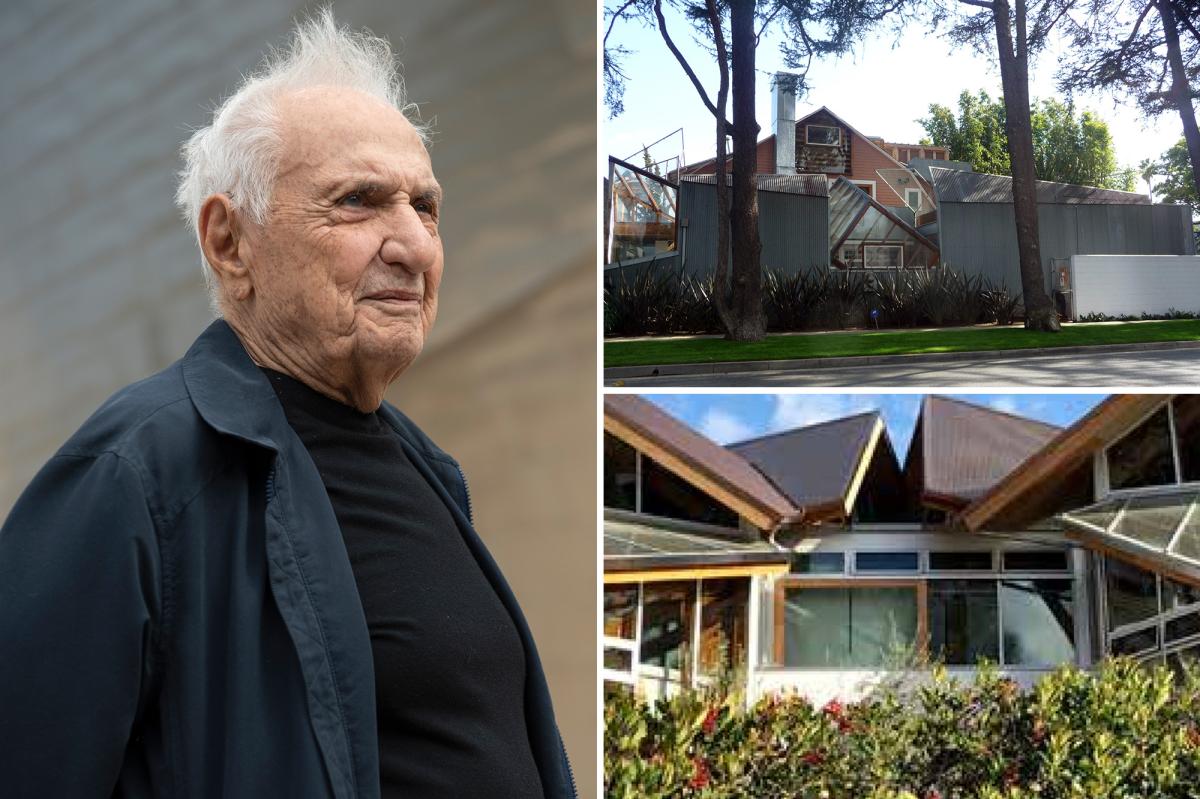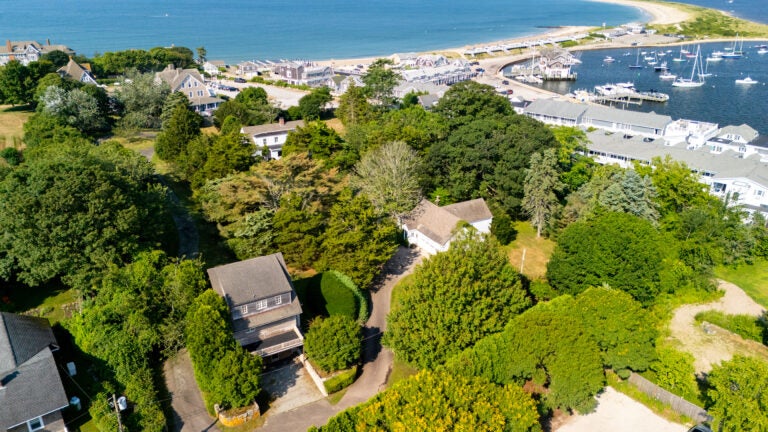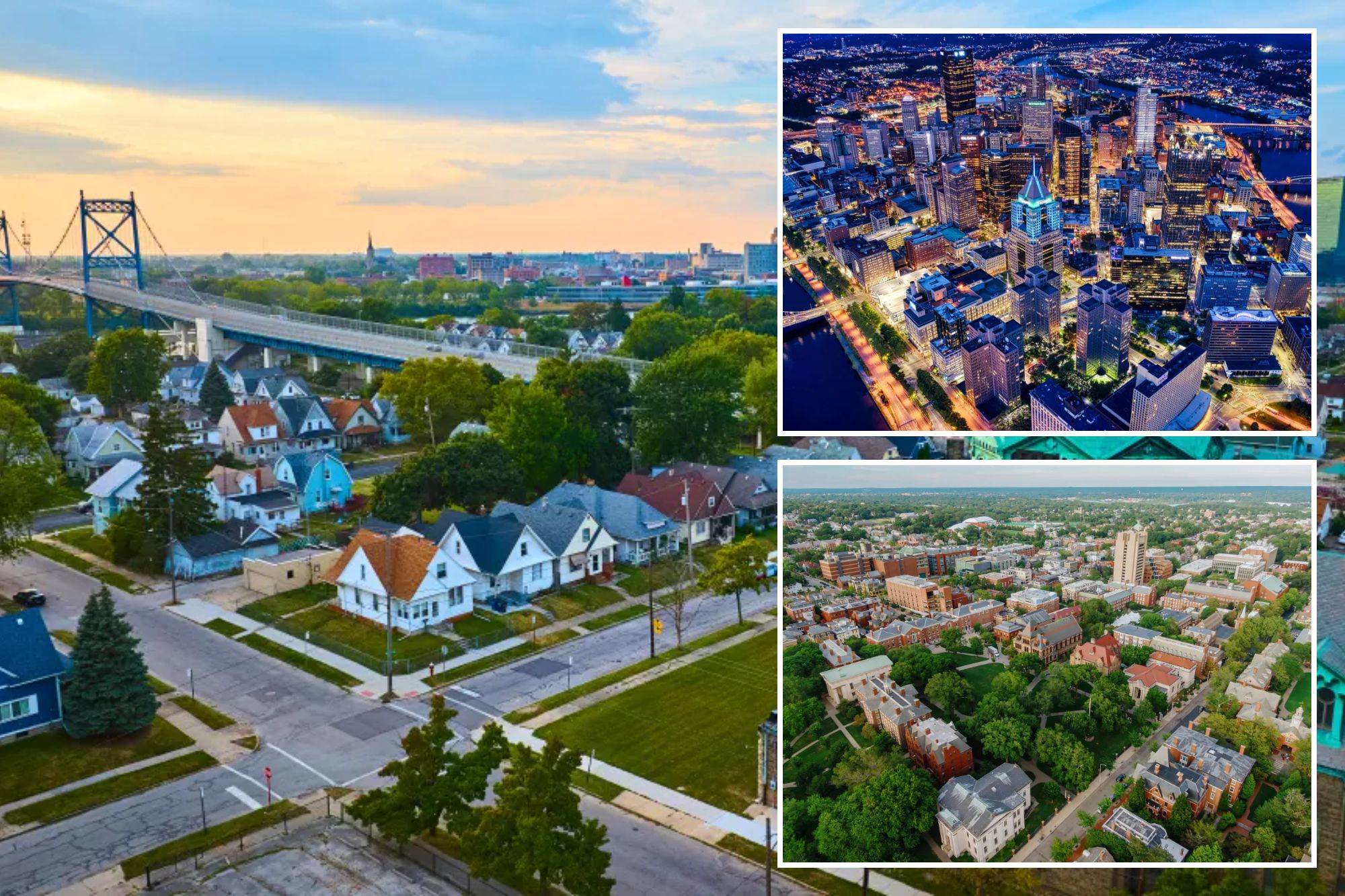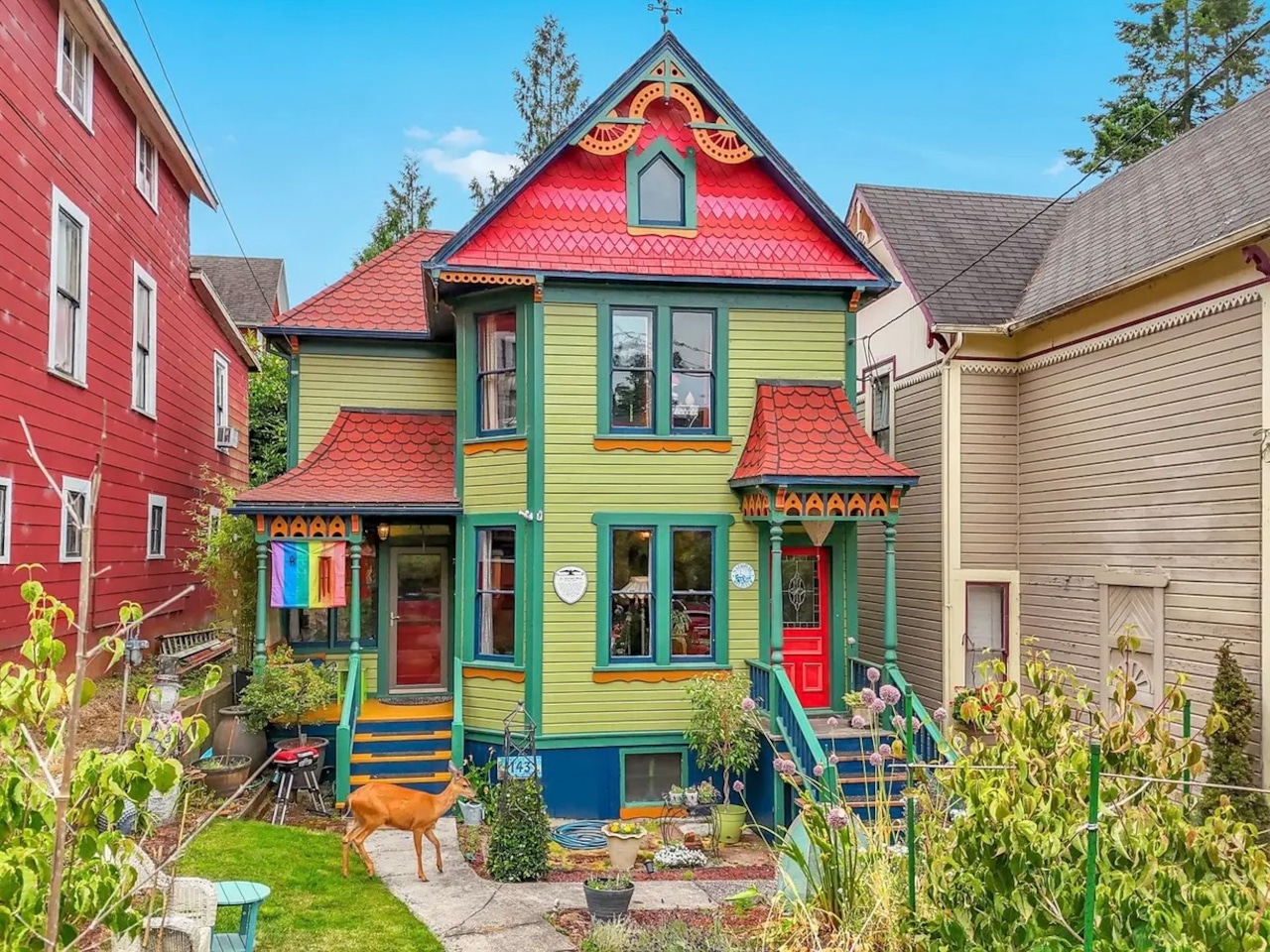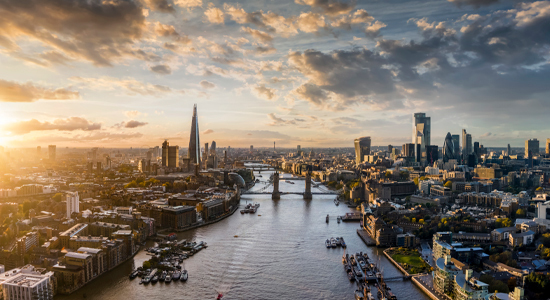B
oston Mayor Michelle Wu announced that the Boston Zoning Commission approved the city’s first major Downtown zoning revision in decades. The overhaul protects historic landmarks, enables office‑to‑residential conversions, and boosts housing and mixed‑use density, turning the core into a lively, inclusive community.
The new rules aim to spur new homes, ease zoning obstacles, and revitalize the commercial heart.
The update builds on the PLAN: Downtown initiative, launched in 2018 and refreshed in 2022 to address the economic shift after COVID‑19. With remote work cutting office use, planners envisioned a mixed‑use Downtown rather than a purely commercial district. Kairos Shen, Chief of Planning, noted that the new zoning, coupled with the Office‑to‑Residential Conversion program, will maximize reinvestment and create the vitality essential for long‑term success.
Key provisions prioritize housing: residential use is now permitted throughout Downtown, and buildings taller than 200 feet on Washington Street must be largely residential. Outdated land‑use limits are lifted to welcome diverse small businesses—cafés, bakeries, fitness studios—energizing ground‑floor activity. Historic preservation remains a priority; the plan removes obstacles to adaptive reuse and adds formal protections for Boston Common and the Public Garden, ensuring alignment with state shadow regulations.
Michael J. Nichols, President of the Downtown Boston Alliance, called the changes a “watershed moment,” praising the balance between economic renewal and livability. The new zoning marks a decisive step toward a Downtown that blends historic charm with fresh opportunities for growth, housing, and everyday life.


